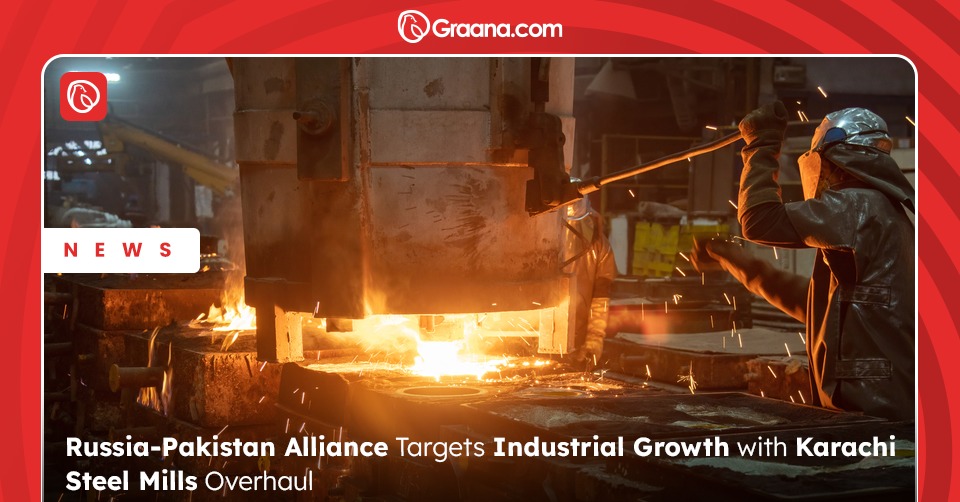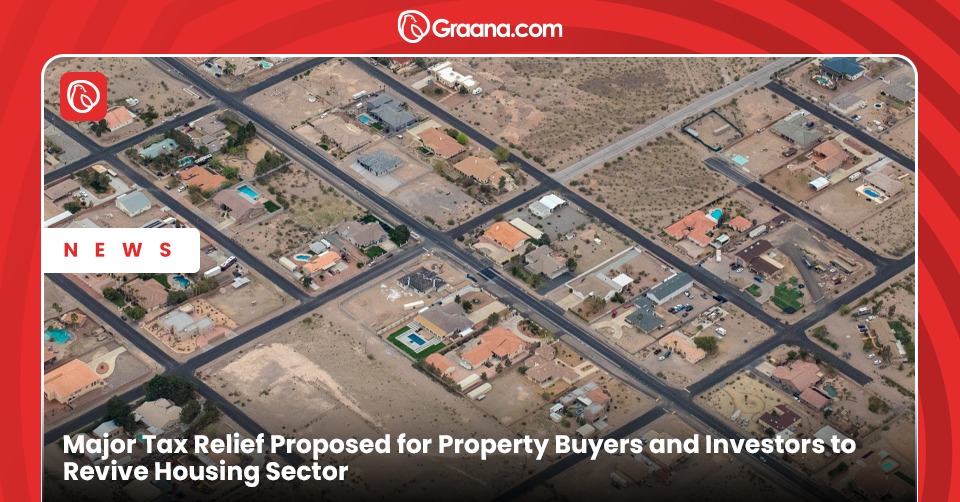Cement is a crucial component of the construction industry, playing a significant role in the development of infrastructure and the economy’s growth. In Pakistan, the cement industry has experienced substantial growth over the past few years, contributing significantly to the country’s economy.
The industry of cement in Pakistan is mainly dominated by four major players: Lucky Cement, Attock Cement, DG Khan Cement, and Bestway Cement. Furthermore, the cement price in Pakistan is influenced by several factors, including demand and supply, production costs, and government policies.
Graana.com has listed the latest cement prices in Pakistan, along with the various types of cement.
Types of Cement

The following are some types of cement:
Ordinary Portland Cement (OPC)
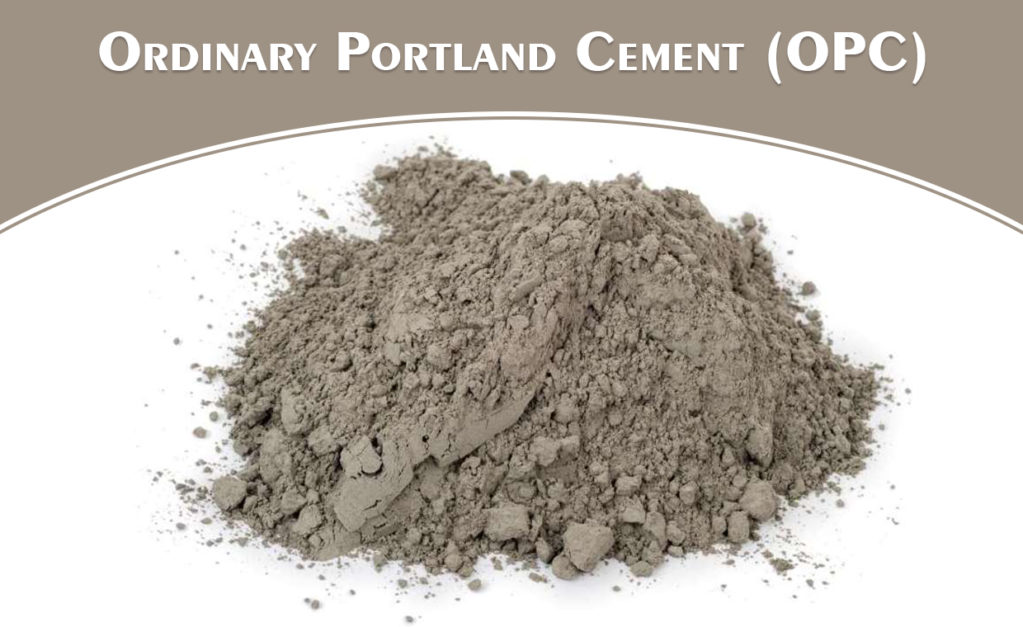
OPC is the most commonly used type of cement in Pakistan, produced by grinding clinker and a small amount of gypsum to a fine powder. It is known for its high strength and durability, making it ideal for use in constructing high-rise buildings, bridges, and dams.
The Ordinary Portland Cement is available in three different grades, namely 33, 43, and 53, and each grade is suitable for different applications. For instance, the 33-grade OPC is typically used for plastering and finishing works, while the 43 and 53 grades are commonly used in reinforced concrete structures.
Portland Pozzolana Cement (PPC)
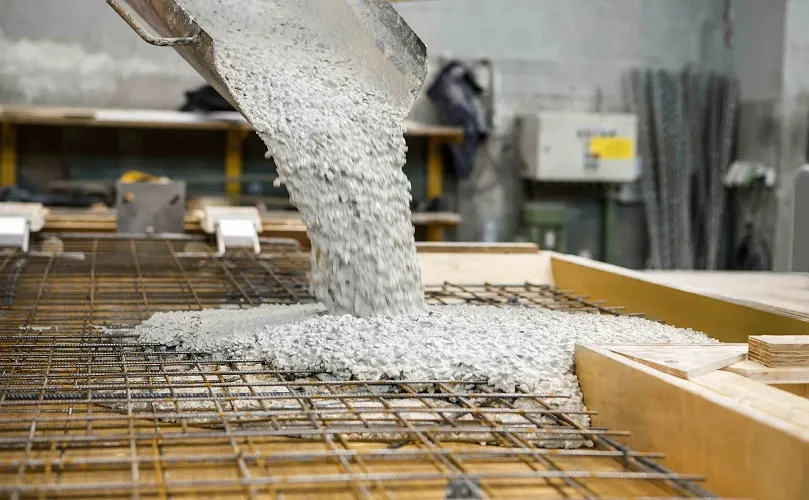
Portland Pozzolana Cement is another type of cement made by blending OPC with pozzolanic materials like fly ash, volcanic ash, and silica fumes. This type of cement has a lower heat of hydration and is less prone to cracking, making it suitable for use in mass concrete works and precast concrete elements.
Moreover, PPC is also known for its ability to provide better workability and durability, making it an ideal choice for construction projects in Pakistan.
Sulphate Resistant Cement (SRC)
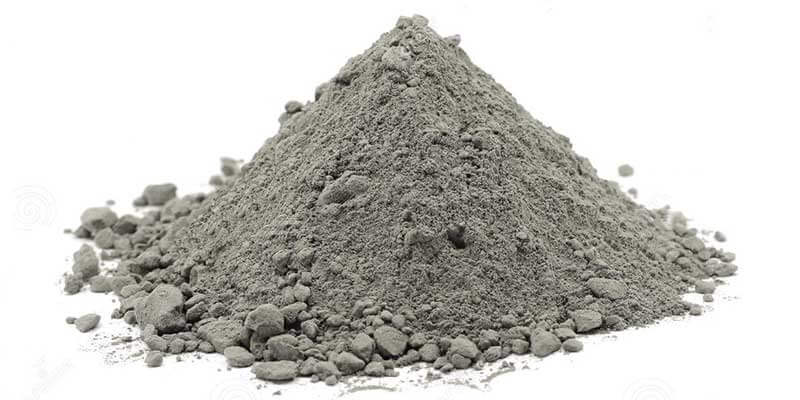
Sulphate Resistant Cement (SRC) is a special type of cement resistant to sulphate attacks. It adds low C3A clinker and high sulphate-resisting content to OPC. This type of cement is particularly useful in areas with high levels of sulphates, such as marine environments, sewage systems, and industrial areas.
Furthermore, it has a longer lifespan than other cement types and can withstand harsh weather conditions, making it a popular choice for construction projects in coastal regions.
Low Heat Cement (LHC)
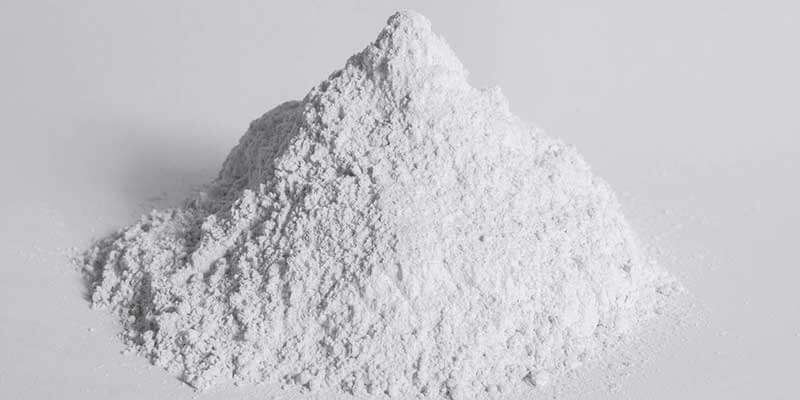
Low Heat Cement (LHC) is a type of cement that generates less heat during hydration than OPC. It is particularly suitable for massive concrete structures like dams, foundations, and retaining walls, where the heat generated by OPC can cause thermal cracking.
Moreover, low heat cement is also known for its high strength and durability, making it an ideal choice for large-scale construction projects in Pakistan.
Rapid Hardening Cement (RHC)
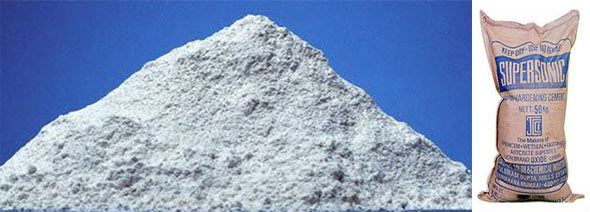
Rapid Hardening Cement (RHC) is a type of cement that gains strength faster than OPC. It is made by grinding OPC clinker with higher amounts of gypsum and finely ground limestone. This cement is particularly suitable for precast concrete elements, road pavements, and repair works, where quick setting and high strength are essential.
RHC is also used in projects where time is a crucial factor, and speedy completion of the construction project is required.
White Cement
White Cement is used for decorative purposes. It is made using raw materials containing negligible amounts of iron oxide and manganese oxide. White Cement is suitable for facades, sculptures, and other decorative works.
Cement Prices in Pakistan (Updated November 2023)
The price of cement in Pakistan has been subject to fluctuations in recent years, with prices increasing and decreasing depending on the prevailing market conditions. As of March 2023, the average retail price of cement in Pakistan is around Rs. 610 per 50 kg bag.
In addition, the prices of cement in Pakistan vary by region, with prices in the country’s northern regions generally higher than those in the southern regions.
The latest cement prices in Pakistan in November 2023 are listed below.
| Cement Company | Price Per 50 kg Bag |
| DG Cement | Rs. 1,225 |
| Lucky Cement | Rs. 1,195 |
| Maple Leaf White Cement | Rs. 2,200 (40KG) |
| Bestway Cement | Rs. 1,220 |
| Fauji Cement | Rs. 1,225 |
| Maple Leaf Cement | Rs. 1,250-1445 |
| Kohat Cement | Rs. 1,225 |
| Attock Cement | Rs. 1,195 – 1,200 |
| Cherat Cement | Rs. 1,195 – 1,200 |
| Power Cement | Rs. 1,190 – 1,195 |
| Flying Cement | Rs. 1,200 |
| Pioneer | Rs. 1,195 |
| Askari Cement | Rs. 1,195 |
List Of Cement Companies In Pakistan
Pakistan’s cement industry, which operates 24 plants, contributes billions to the national economy. With the rapid growth of real estate development and infrastructure projects in various regions, it is also one of the fastest-expanding industries in the country.
Here are some of the most well-known cement companies in Pakistan that you should be aware of:
- Askari Cement Ltd.
- Attock Cement (Pakistan) Ltd
- Bestway Cement Ltd
- Cherat Cement Company Ltd
- DG Khan Cement Company Ltd
- Dandot Cement Company Ltd
- Dewan Cement Ltd
- Fauji Cement Company Ltd
- Fecto Cement Ltd
- Flying Cement Company Ltd
- Gharibwal Cement Ltd
- Javedan Corporation Ltd
- Kohat Cement Ltd
- Lucky Cement Ltd
- Maple Leaf Cement Factory Ltd
- PAKCEM Ltd
- Pioneer Cement Ltd
- Power Cement Ltd
- Safe Mix Concrete Ltd
- Thatta Cement Company Ltd
- Zeal Pak Cement Factory Ltd
Factors Affecting Cement Prices in Pakistan
Several factors can influence the cement price in Pakistan, including demand and supply, production costs, and government policies. The demand for cement in Pakistan is driven primarily by the construction industry, while production costs are affected by factors such as raw material prices, energy prices, and transportation costs.
Government policies can also impact the country’s cement price, particularly tax rates and import/export regulations.
Here are some of the key factors affecting cement prices in Pakistan:
Demand and Supply
The construction industry primarily drives the demand for cement in Pakistan. Growth of the construction industry, particularly in the residential and commercial sectors, has been a significant driver of cement demand in the country.
The demand for cement also varies seasonally, with peak demand usually occurring during the summer months. Also, during this period, the demand for cement increases due to increased construction activity, particularly in the housing sector.
Production Costs
The cost of producing cement in Pakistan is affected by several factors, including the cost of raw materials, energy prices, and transportation costs. The price of raw materials such as limestone and gypsum, which are essential ingredients in cement production, can significantly impact the overall production cost.
In addition, energy prices, including the cost of electricity and natural gas, can also impact the production costs of cement manufacturers. Transportation costs can also be a significant factor, particularly for manufacturers far from their target markets.
Government Policies
Government policies can also influence the price of cement in Pakistan. The government sets tax rates for the cement industry, which can affect the overall cost of production. The government also regulates the import and export of cement, which can impact cement supply in the local market.
In addition, government policies aimed at promoting the construction industry, such as tax breaks and subsidies, can also impact the demand for cement in the country.
Transportation Costs
The cost of transporting cement from the manufacturing plant to the construction site can also affect its price. The farther the site is from the plant, the higher the transportation cost, which can increase the price of cement.
On the other hand, the mode of transportation also affects the cost of transportation. Cement is primarily transported by trucks, susceptible to traffic congestion, roadblocks, and other disruptions that can increase transportation time and expenses.
The availability of trucks and their condition also play a role in determining transportation costs. Inadequate trucking capacity and poor road infrastructure can lead to delays and increased costs.
Currency Exchange Rates
Since cement is an imported commodity in Pakistan, changes in currency exchange rates can affect its price. A depreciation of the Pakistani rupee can lead to an increase in the price of imported cement.
Moreover, global market conditions, including political instability, economic downturns, and other factors, can often affect currency exchange rates and, consequently, the value of the Pakistani rupee. As a result, cement prices can be volatile, with sudden increases or decreases depending on changes in currency exchange rates.
Conclusion
In conclusion, the cement industry plays a crucial role in the development of the economy in Pakistan. The country’s cement price is subject to various factors, including demand and supply, production costs, and government policies.
As of March 2023, the average retail price of cement in Pakistan is around Rs. 610 per 50 kg bag, with prices varying by region. Furthermore, the government can play a significant role in influencing the price of cement through its policies and regulations.
The growth of the construction industry in the country is expected to drive the continued growth of the demand for cement in Pakistan. If you want to know more about how to check cement quality, follow Graana blog.

